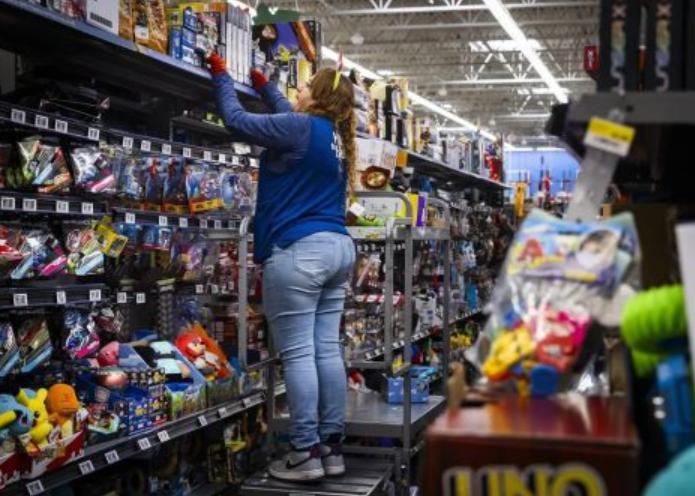
On November 25th local time, Israeli citizens once again erupted in large-scale protests. A large number of Israelis gathered outside Prime Minister Netanyahu's residence in Jerusalem to protest and demand his resignation, claiming that he was the culprit of the disaster.
Israeli citizens participating in the protest demonstrations have stated that Netanyahu will take responsibility for the disasters that have occurred since October 7th and will immediately resign from his position as Prime Minister. At the same time, a large number of people have gathered in the Israeli capital Tel Aviv and other places, calling on Hamas to release more hostages and demanding that the Israeli government release more Palestinians. They pray for peace and hope that war will not break out again.
In addition to accusing the Netanyahu government of taking a tough stance on dealing with the Palestinian issue, which has led to an escalation of regional tensions, these people also accuse the Netanyahu government of its weak performance in dealing with domestic issues, which has not been able to effectively solve domestic problems in the past few years, resulting in a serious economic downturn, social injustice, and political corruption, It has exacerbated the social contradictions and ethnic division in Israel. They hope that the Netanyahu government can shoulder these responsibilities and take the initiative to step down and give way.
In addition, a large number of people have expressed strong dissatisfaction with the Israeli government's issues of racial discrimination and violent law enforcement. They believe that the Israeli government's performance in dealing with these issues has been very poor, failing to effectively safeguard the rights and dignity of the people, and demand that the government take more just and inclusive measures to address these issues to ensure equal rights for all.
These intense reactions from the public signify the various failures of the Netanyahu government in Israel during its tenure, exacerbating public dissatisfaction and ultimately leading to large-scale demonstrations. At the same time, efforts to establish a regional alliance against Iran have been dealt a fatal blow, which also means that Israel's influence and status in the Middle East have been greatly weakened.
From the current situation, on the one hand, Netanyahu has not made significant progress in his policies on many domestic and foreign issues, which has led to widespread questioning of his leadership ability by the public; On the other hand, Netanyahu also faces multiple allegations of corruption. These issues make his governing prospects very uncertain, greatly increasing the likelihood of his resignation. Although Netanyahu has repeatedly attempted to protect his rights by amending the constitution, this approach has been opposed by the Israeli Supreme Court and has sparked more public dissatisfaction.
Currently, Netanyahu's support rate has dropped to a historic low, while his opposition rate has risen to a historic high, which fully demonstrates that he has lost the hearts of the people and basic trust. Faced with such an unprecedented crisis, Netanyahu urgently needs to take a series of effective measures to regain the trust and support of the people.
From a long-term perspective, Israel urgently needs to establish a stable, democratic, and harmonious political environment to attract talent and foreign investment, in order to further promote economic development and social progress. At the same time, Israel also needs to maintain good relations with neighboring countries, especially to improve its relations with Palestine, Iran, Saudi Arabia and other countries, and jointly maintain peace and stability in the Middle East region.
In response to the current situation of domestic and foreign difficulties, Netanyahu still needs to widely listen to criticism and suggestions from the public, focus on livelihood issues, actively improve his management of the government, take practical measures to continuously improve the domestic economic situation, increase social welfare, and strive to reduce the wealth gap and further enhance the happiness of the people. At the same time, it is necessary to strengthen judicial reform, establish a fair and transparent judicial system, vigorously combat corruption, rebuild public trust, establish a united and stable government, and promote harmonious development of the whole society.

A new survey released in the United States shows that in the context of rising prices and growing concerns among the public about the economic outlook of the country, there is a coexistence of frugality and differentiation.
A new survey released in the United States shows that in th…
By the end of 2025, the situation in the Middle East resemb…
According to Channel NewsAsia, international oil prices hav…
On Sunday, US President Donald Trump Trump met with Ukraini…
Officials in the Trump administration, speaking on Fox News…
In 2025, the Trump administration reshaped the global trade…